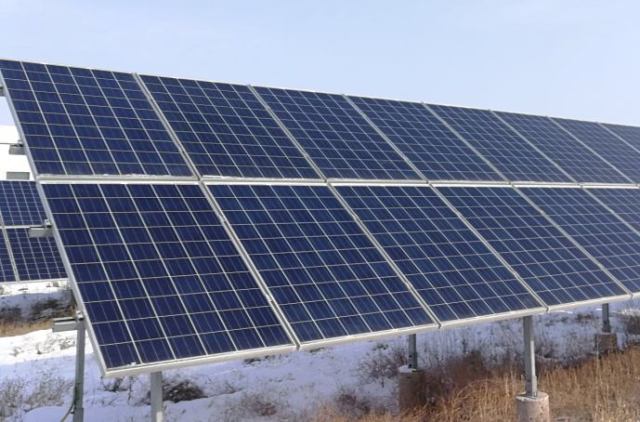In a recent development, the United States has made the decision to implement import duties on solar panel manufacturers that complete their products in Southeast Asian nations to evade tariffs on Chinese-manufactured goods. This decision comes as the U.S. Commerce Department confirms its stance, aligning closely with a preliminary decision made in December.
The move has stirred mixed reactions from various quarters. While proponents of the decision hail it as a significant step toward supporting the small U.S. solar manufacturing sector, which has long struggled to compete with its Chinese counterparts, critics argue that it might hinder projects reliant on affordable foreign-made solar panels, Reuters news report said.
The U.S. solar manufacturing industry has faced intense competition from Chinese imports over the years, prompting challenges in maintaining competitiveness. The renewed investment in this sector is largely attributed to the subsidies provided under President Joe Biden’s landmark climate-change legislation.
The Commerce Department’s investigation has revealed that Chinese companies, including BYD, Trina Solar, Vina Solar, and Canadian Solar, were sidestepping U.S. tariffs on Chinese solar products by conducting minimal processing to complete their panels in Southeast Asian nations such as Cambodia, Malaysia, Thailand, and Vietnam before exporting them to the U.S. market. These countries account for approximately 80 percent of U.S. solar panel supplies.
A noteworthy point is that the U.S. Commerce Department will also impose duties on New East Solar due to its refusal to cooperate with an on-site audit of its operations in Cambodia.
To prevent circumvention of tariffs, other companies operating in these Southeast Asian nations can opt to undergo a certification process. This process necessitates the inclusion of non-Chinese wafers and three other crucial components in solar cells and panels.
It’s important to recall that the United States had imposed anti-dumping duties on Chinese-made solar products for a decade, following a Commerce Department investigation that revealed Chinese firms were benefiting from unfair government subsidies, artificially driving down their prices.
However, the implementation of these duties will be delayed until June 2024, thanks to a two-year waiver granted by President Biden. This waiver aims to ensure a sufficient supply of solar panels as domestic manufacturing gears up.
Nevertheless, the decision by the Commerce Department has sparked concern within the solar industry. Critics argue that the move could jeopardize the ongoing growth of solar manufacturing, which was stimulated by the Biden administration’s Inflation Reduction Act.
Abigail Ross Hopper, President of the Solar Energy Industries Association, criticized the Commerce Department’s decision, stating that it clashes with the administration’s clean energy objectives.
Trina Solar, a major player in the industry, expressed dissatisfaction with the decision. The company, which has invested substantial sums in cell and module production in Southeast Asia, contends that the move will raise the overall costs of U.S.-bound solar products and potentially constrict supply during a period of surging demand for solar energy.

